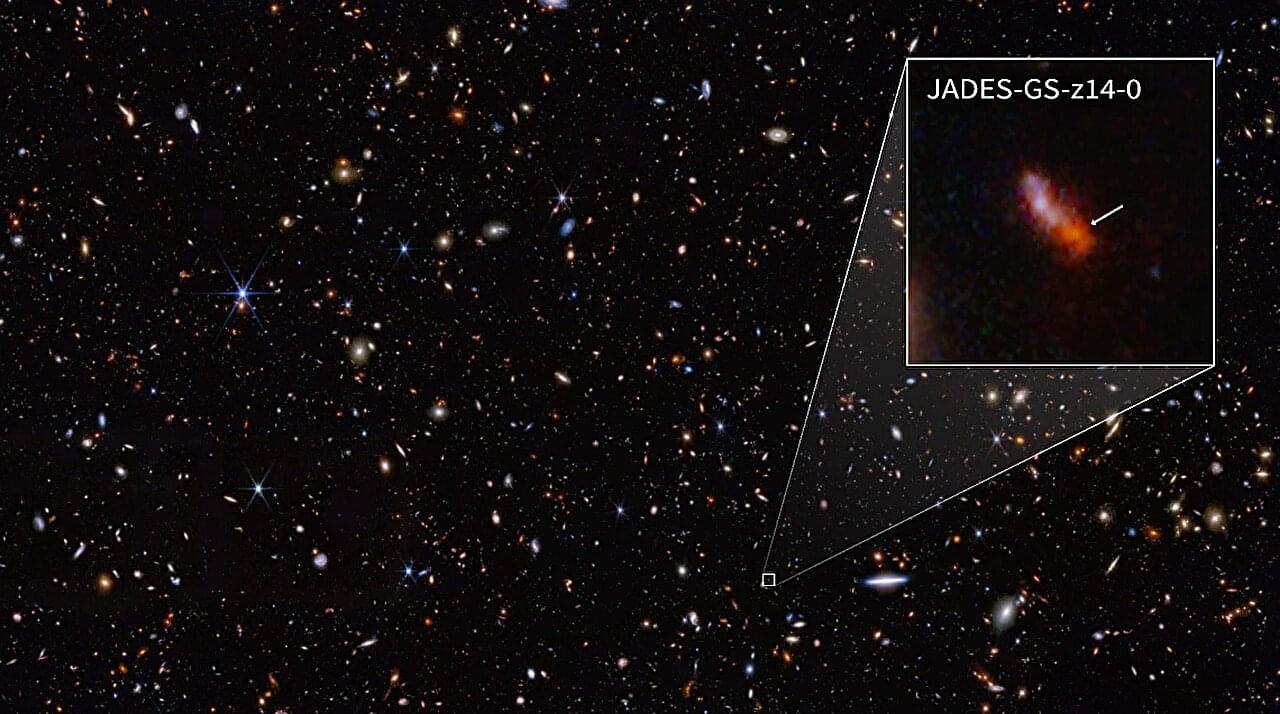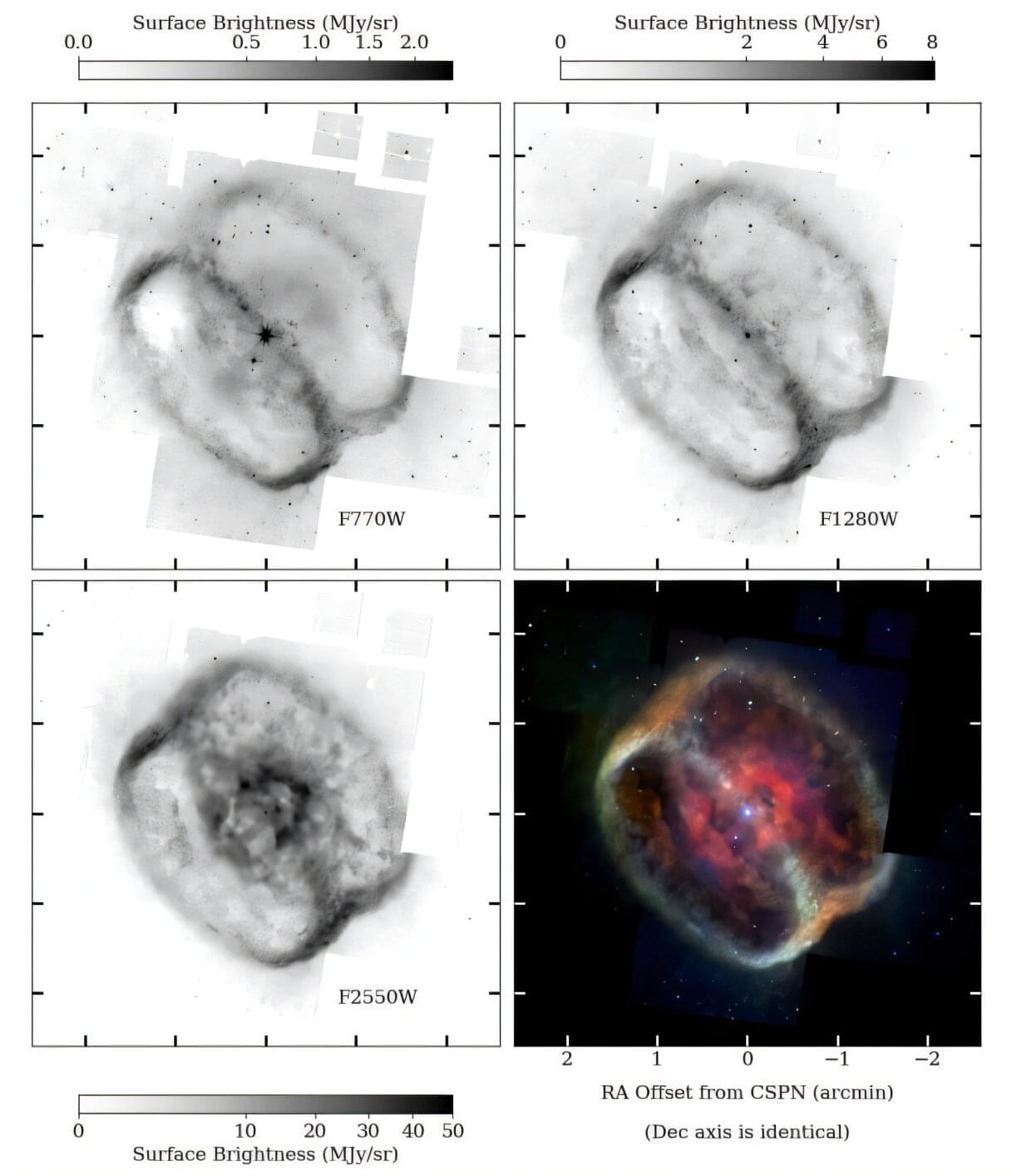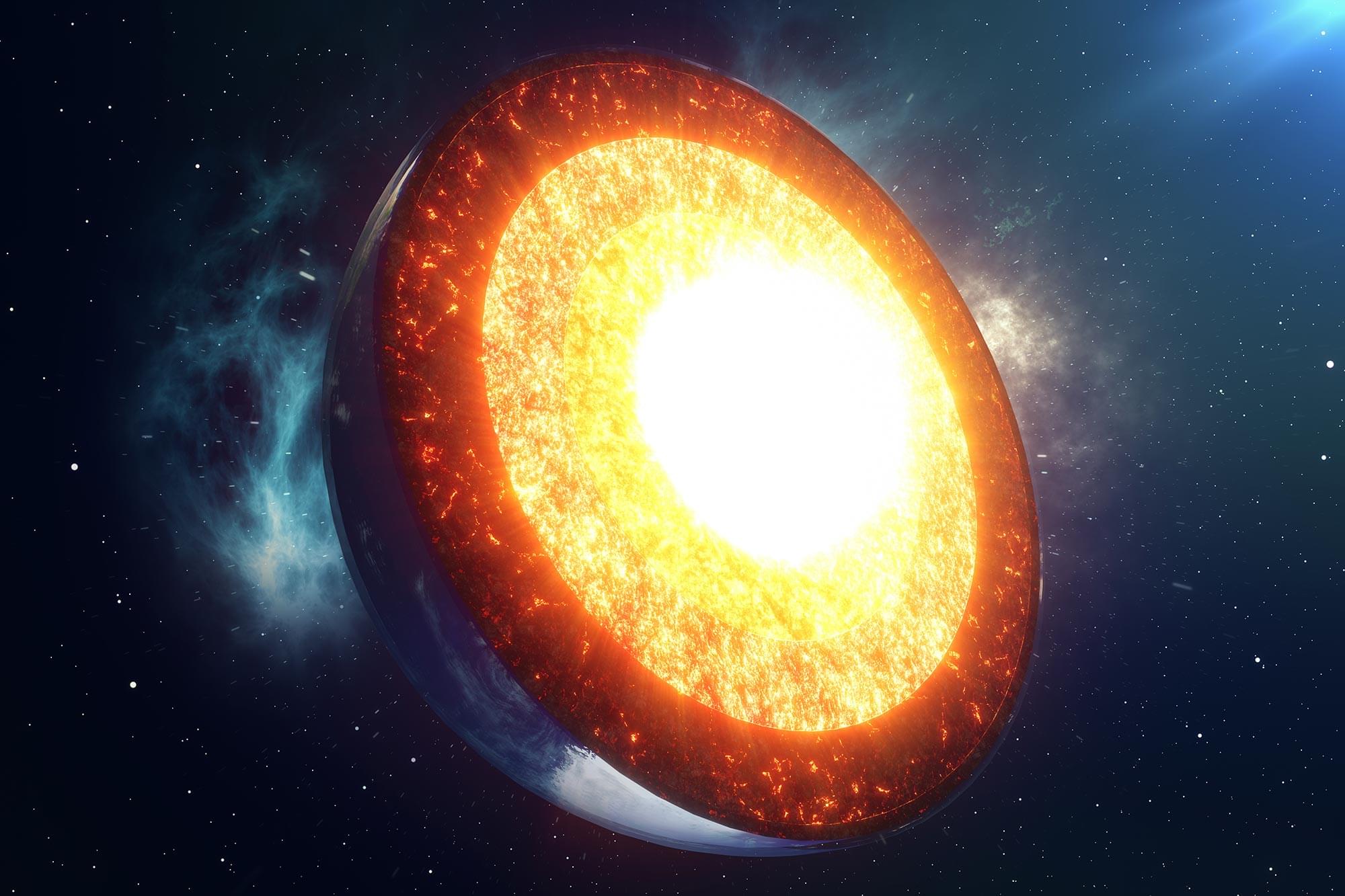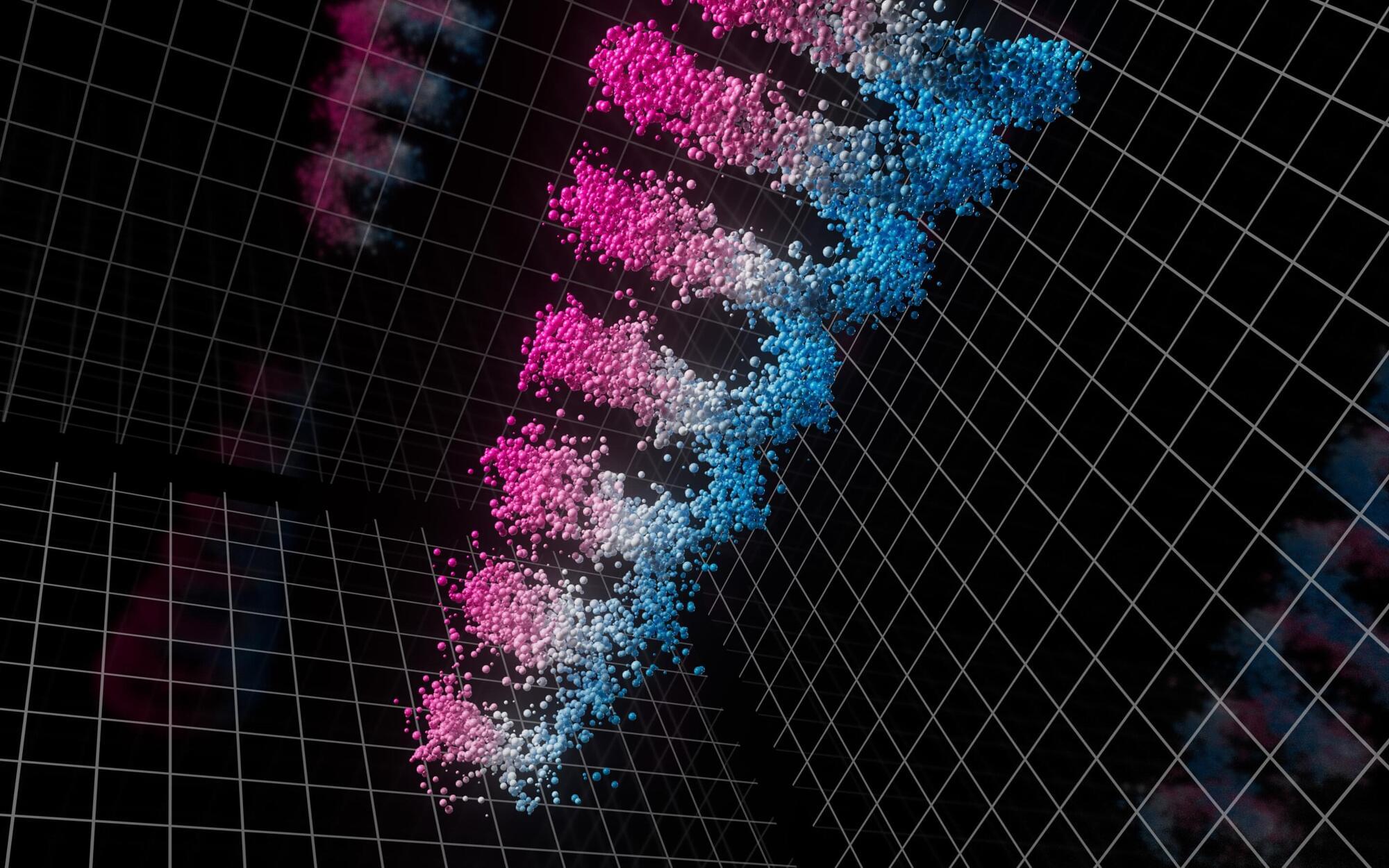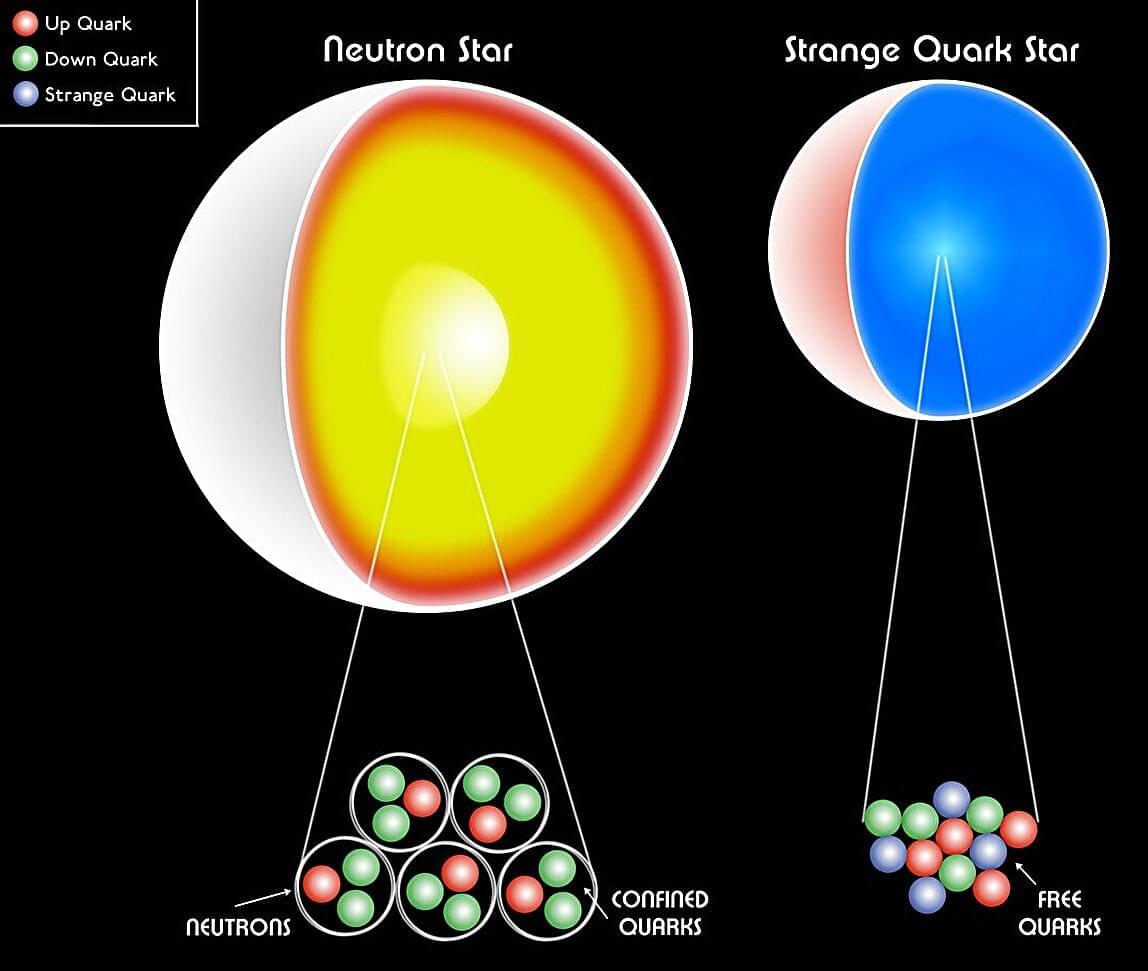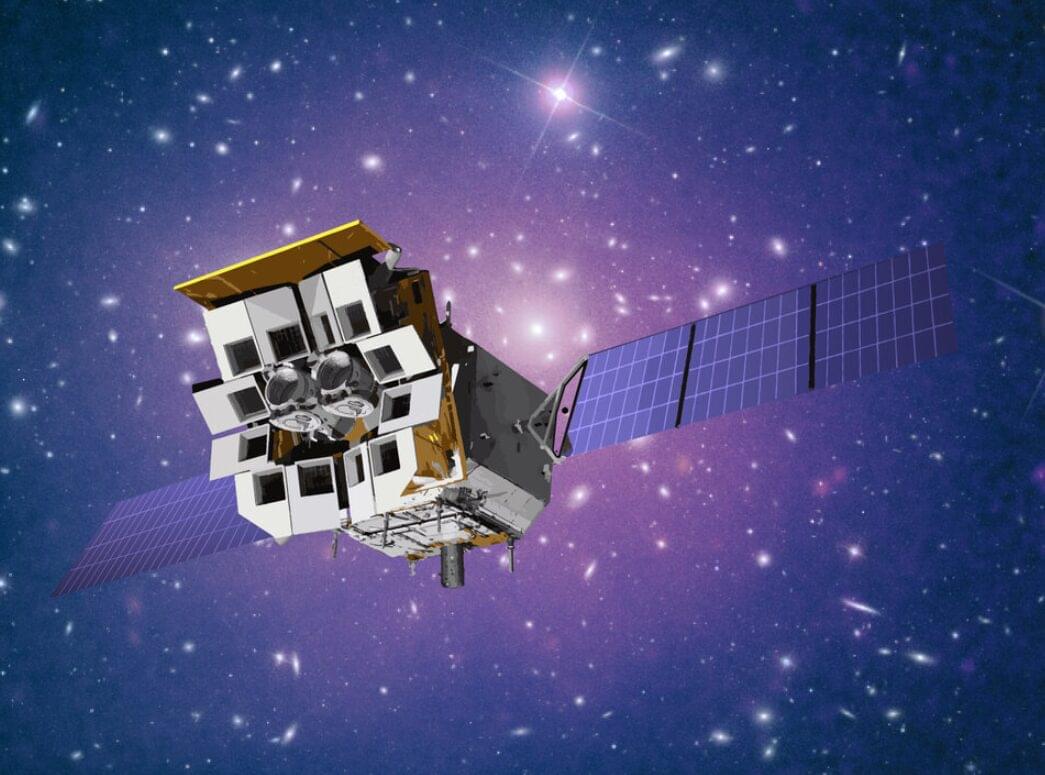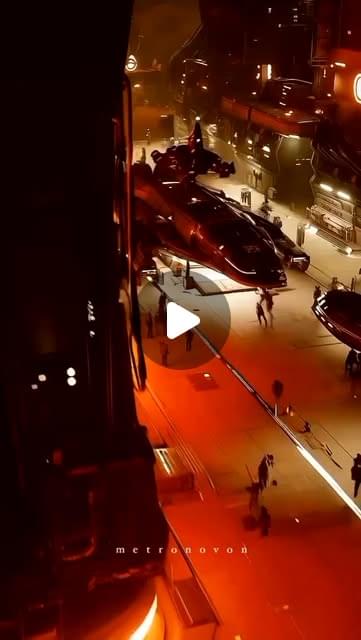University of Arizona astronomers have learned more about a surprisingly mature galaxy that existed when the universe was just less than 300 million years old—just 2% of its current age.
Observed by NASA’s James Webb Space Telescope, the galaxy—designated JADES-GS-z14-0—is unexpectedly bright and chemically complex for an object from this primordial era, the researchers said. This provides a rare glimpse into the universe’s earliest chapter.
The findings, published in the journal Nature Astronomy, build upon the researchers’ previous discovery, reported in 2024, of JADES-GS-z14-0 as the most distant galaxy ever observed. While the initial discovery established the galaxy’s record-breaking distance and unexpected brightness, this new research delves deeper into its chemical composition and evolutionary state.
